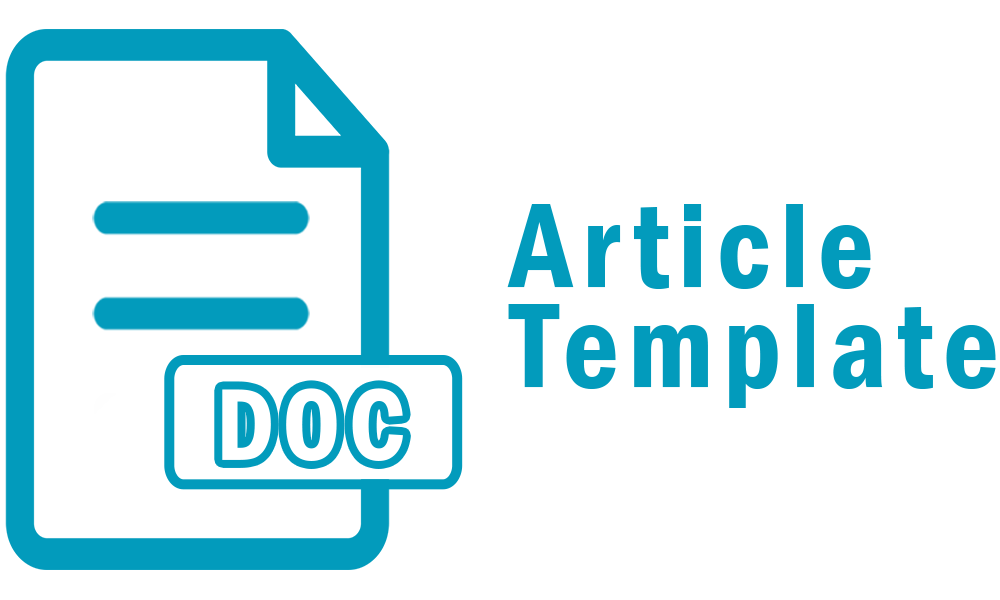About The Journal
Focus and Scope
Tenritappu: Journal of Education, Social & Culture (J-PSB) is a scientific journal published by the Sociology of Education Study Program. It aims to serve as a platform for publishing research results, theoretical studies, and critical thinking in the fields of education, social studies, and culture. This journal facilitates the exchange of relevant ideas and scientific findings for academics, researchers, educational practitioners, and the wider community interested in contemporary social and cultural studies.
Peer Review Process
Every article that goes to the editorial staff will be selected through Initial Review processes by Editorial Board. Then, the articles will be sent to the peer reviewer and will go to the next selection by Blind Preview Process. After that, the articles will be returned to the authors to revise.
This process takes a maximum of one month. Each manuscript will be assessed by peer reviewers based on both substantial and technical aspects. Collaborating peer reviewers for Edukasi: Jurnal Ilmu Pendidikan, Sosial dan Budaya are experts in the fields of education, social sciences, and culture, and related issues. They are experienced in managing and publishing prestigious journals, both nationally and internationally. All submitted manuscripts will be reviewed by the editorial staff. Manuscripts deemed unsuitable by the editors will be rejected without external review.
Manuscript evaluated to be of potential interest to our readership are sent to double bilnd reviewers. The editors then make a decision based on the reviewer's recommendation from among several possibilities : rejected, revision required, or accepted. The editor has the right to decide which manuscripts submitted to the journal should be published. Review Process :
1. Author submit the manuscript
2. Editor Evaluation (some manuscript are rejected or returned before the review process)
3. Bind peer review process
4. Editor Decision
5. Confirmation to the author
Open Access Policy
This journal provides immediate open access to its content on the principle that making research freely available to the public supports a greater global exchange of knowledge.








